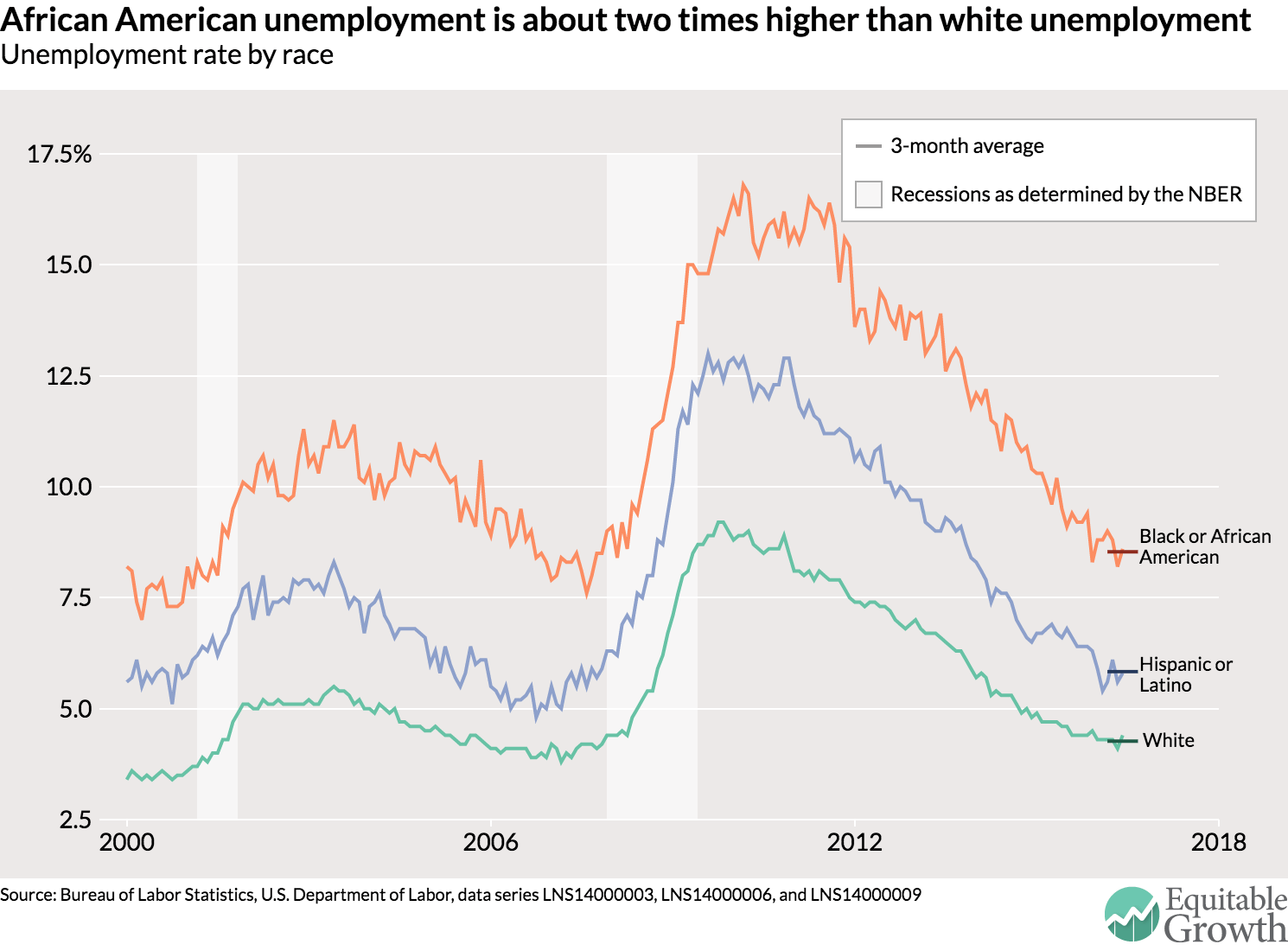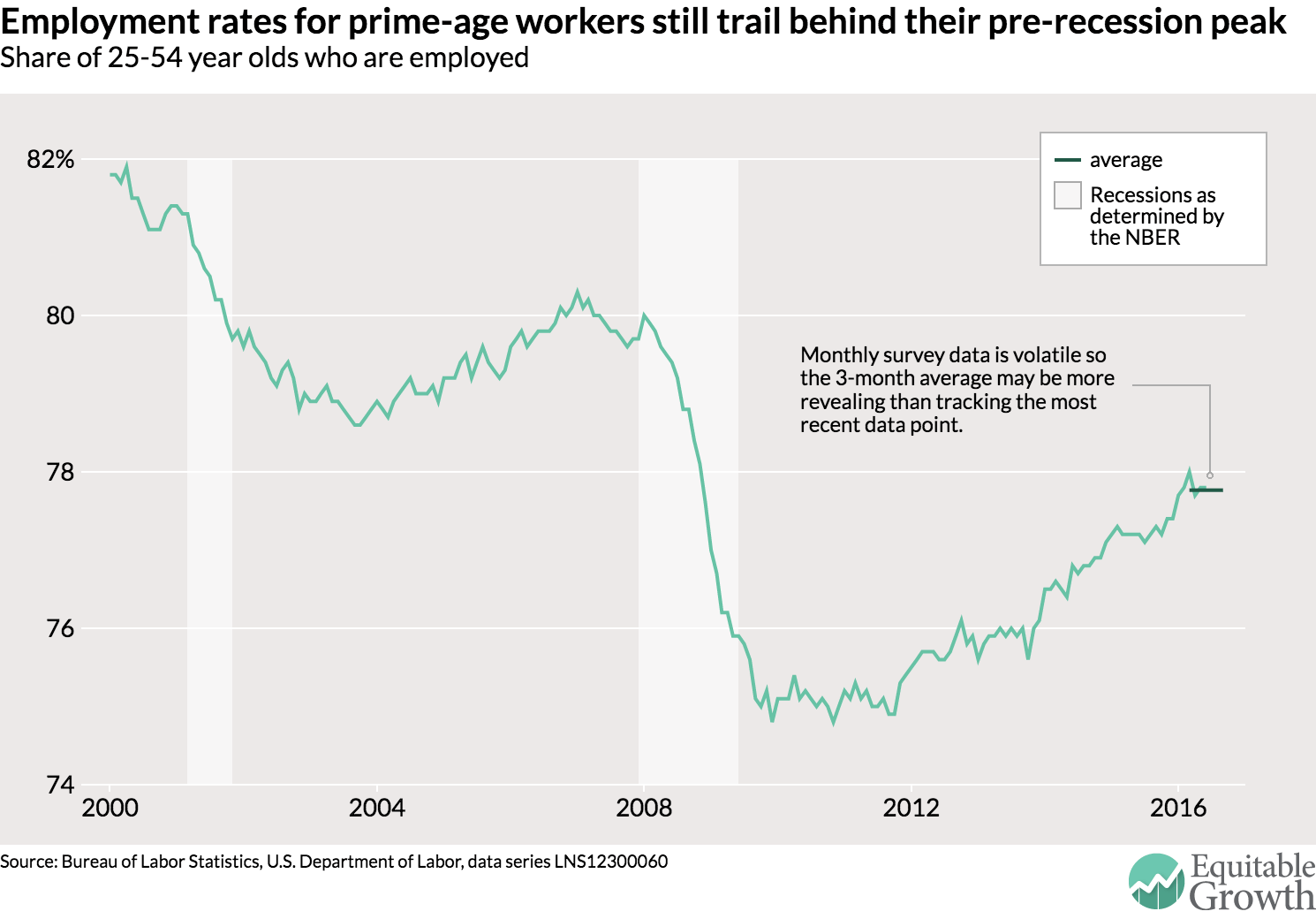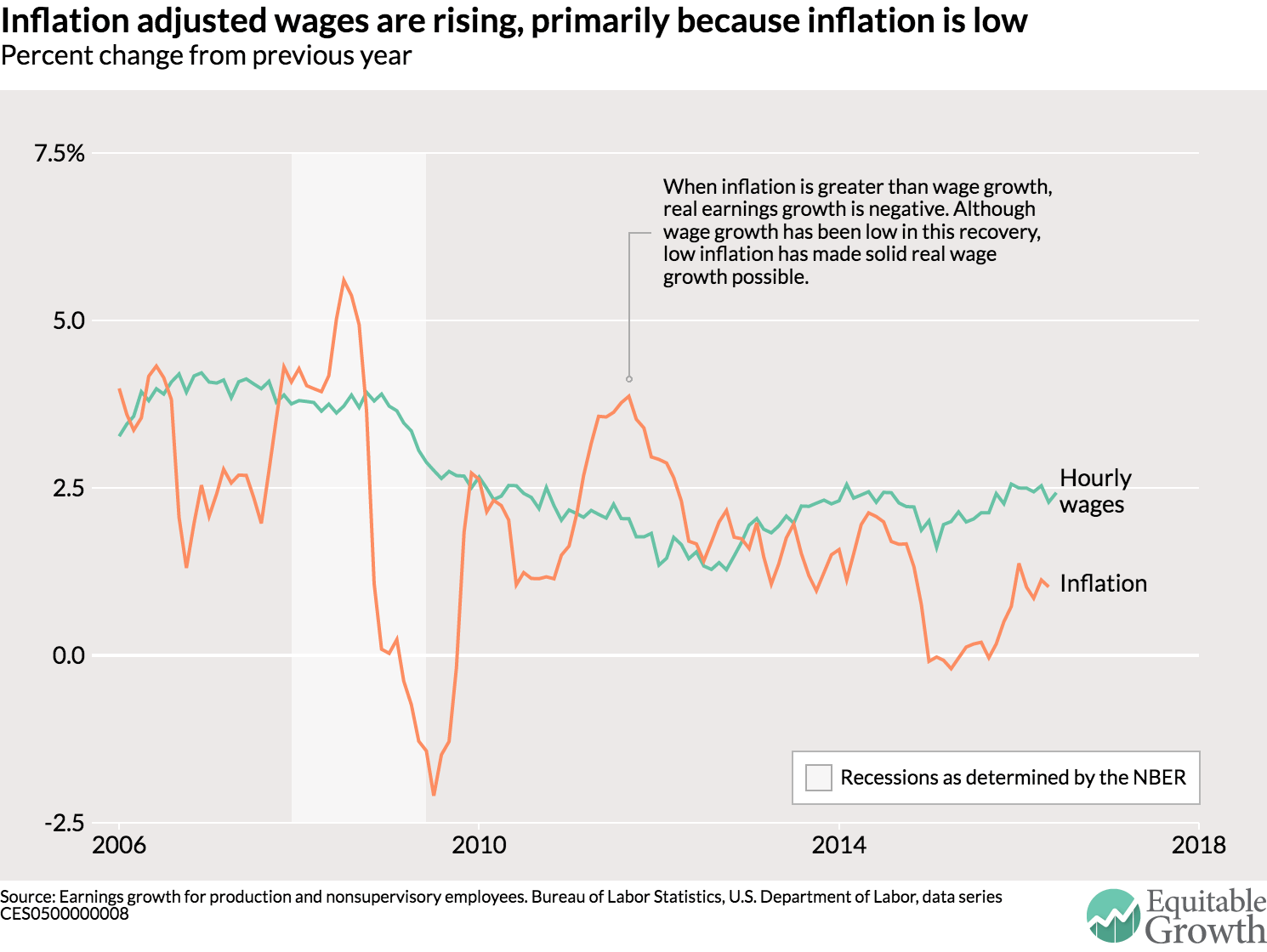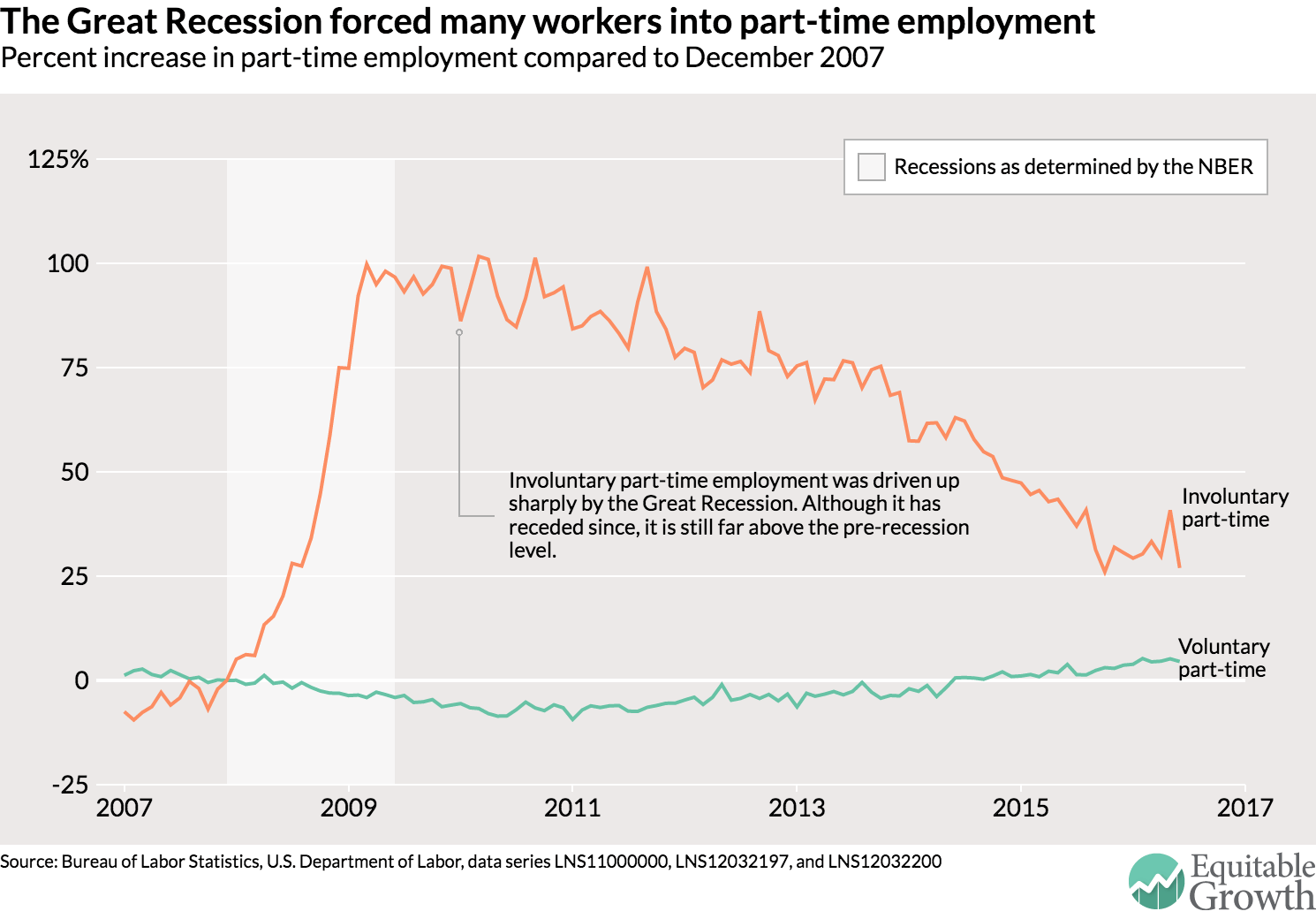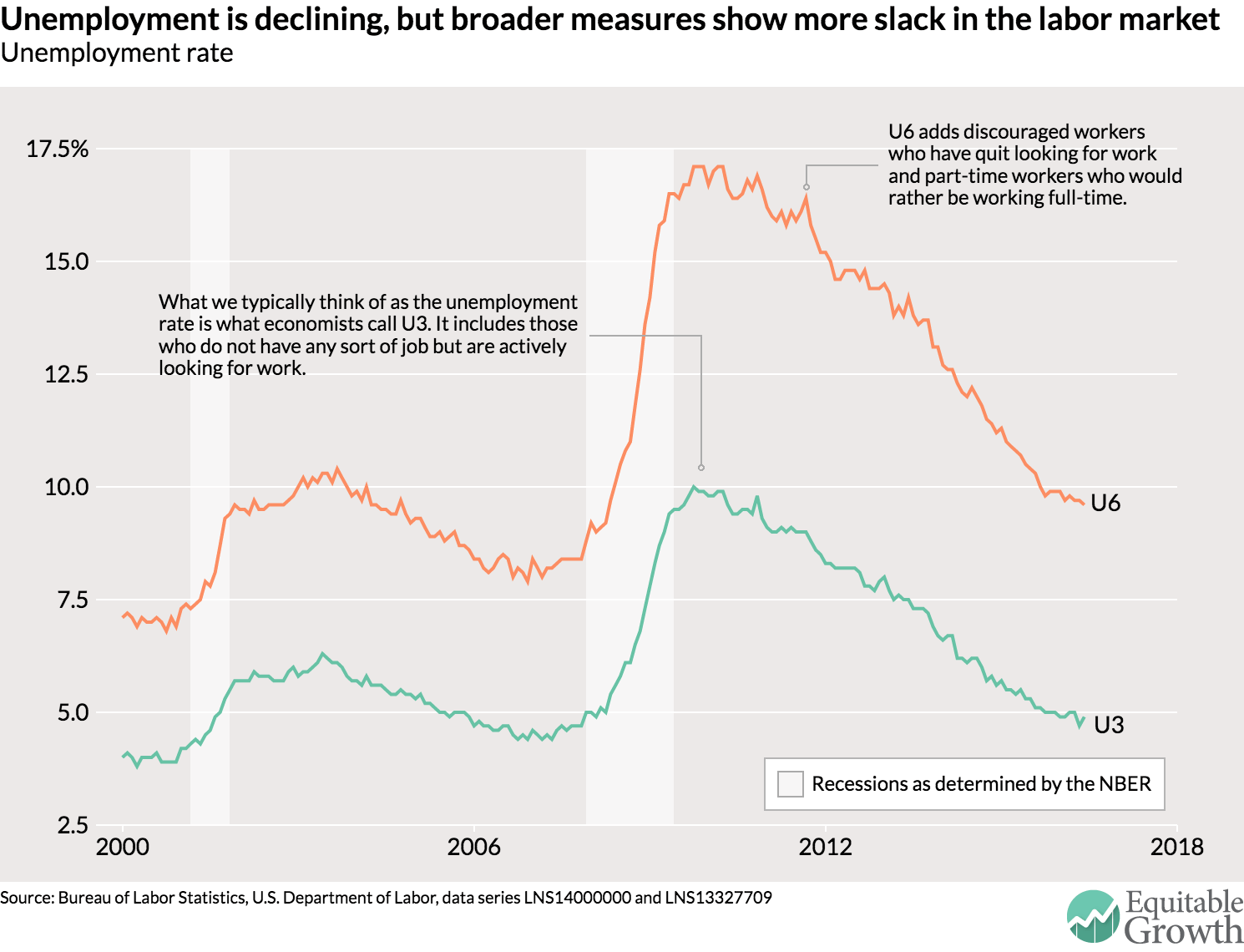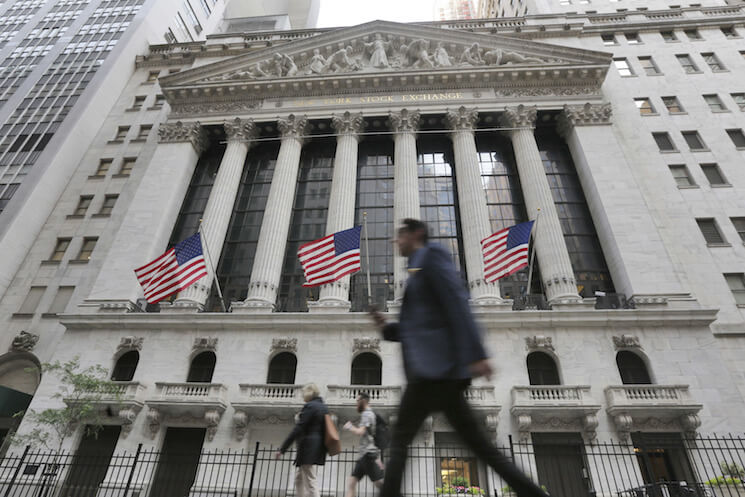
Policymakers are worried about the pace of U.S. economic growth for a number of reasons. Productivity growth seems to have slowed to a crawl, the population is aging, and there are concerns businesses are underinvesting in their productive capabilities. This last concern is animated by several trends, but the most interesting is a possible increase in “short-termism” among businesses.
A number of policymakers, economists, and other analysts are concerned about businesses prioritizing short-term goals, such as payouts to shareholders and hitting quarterly projected earnings or profits. One common hypothesis is that firms will cut back on research and development to hit these projected short-term profit goals. Does this actually happen? And does this actually do any harm? One research paper tackles these questions.
The paper, by economist Stephen J. Terry of Boston University, looks at the behaviors of around 4,000 public companies over the course of 1983 through 2010. Terry links two datasets so that he not only can see how much firms actually made and invested in a quarter, but also the expectations of investment analysts for earnings and profits in that quarter. In this way, Terry can look at how actual profits ended up looking compared to the expectations of the “Street.”
A sign of short-termism in company decision-making would first be a bunching of announced profits right above the projected profits for that quarter. This would mean that lots of firms are just meeting the expectations the public markets have set for them. How much of this is a coincidence versus a tweaking of financials depends upon the firm. Terry does find bunching of profits just above expectations.
More importantly, Terry uses this threshold of missed-versus-exceeded expectations to see if firms that get just above the threshold invest in their own firms differently. What Terry finds is that there is a real decline in expenditures in research and development for firms that just get over that threshold. Growth in research and development is 2.5 percent slower for those companies. The effect eventually dissipates, but the short-term response means short-termism is affecting the volatility of businesses’ research and development rather than its long-term growth.
What factors inside companies drives such short-changing of companies’ research and development? Data on executive compensation shows why firms will cut back on these investments. Total pay for chief executives takes about a 7 percent hit when a CEO’s firm doesn’t hit market expectations. In other words, chief executives have a very strong short-term incentive to hit targets. Research and development, with its uncertain long-term pay-off and certain short-term cost, is always ripe for cutting.
Terry also builds a model of the U.S. economy and fits it to data incorporating his findings about short-termism. The result is that short-termism slows economic growth, as the resulting volatility in research and development shaves 0.1 percent off economic growth. Terry’s specific model might not be convincing to everyone, but the paper presents some quite convincing evidence of short-termism in public companies. How much this affects economic growth is up for debate.


